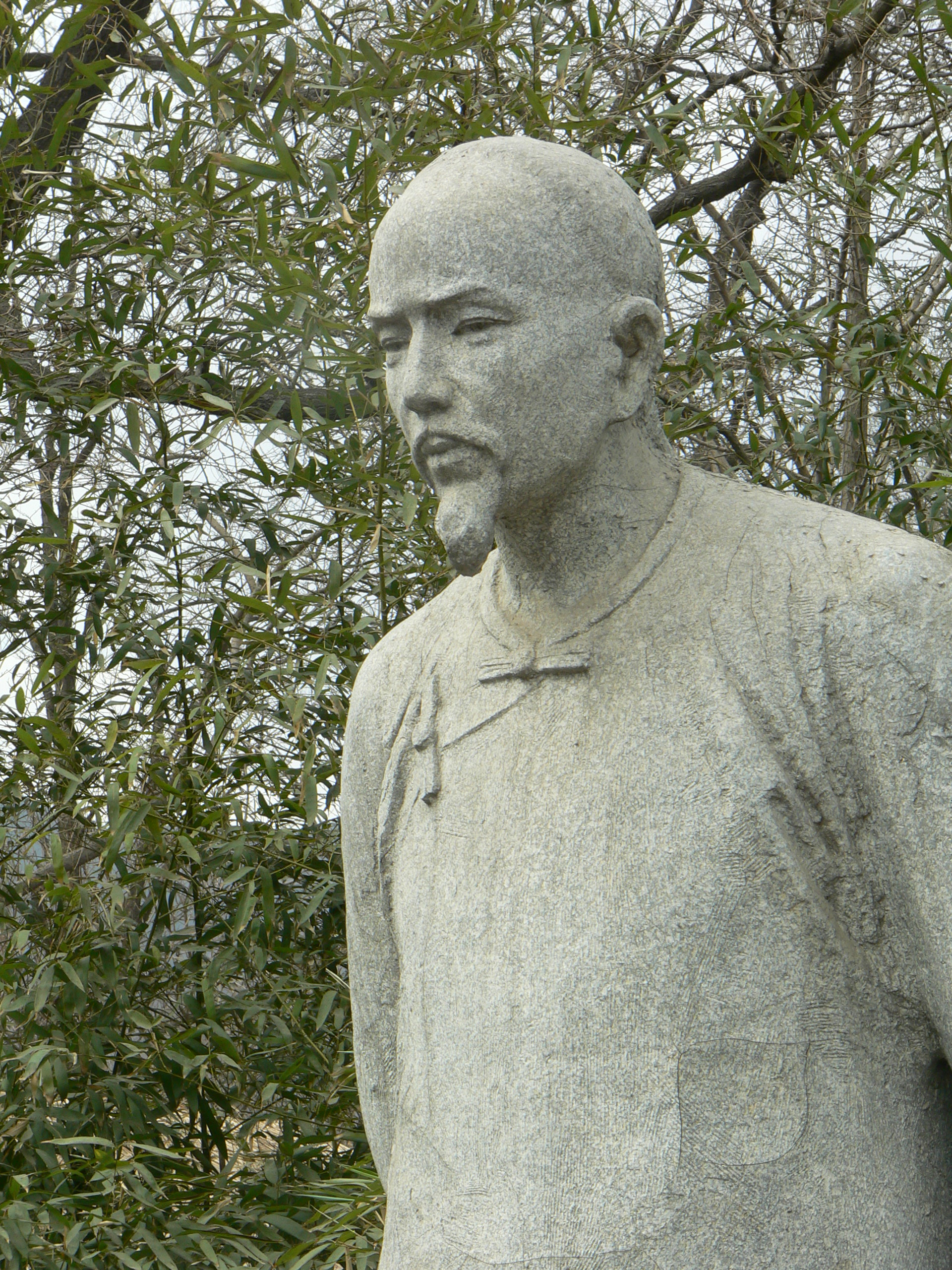“Truth becomes fiction when the fiction's true;
Real becomes not-real when the unreal's real.”
Jia zuo zhen shi zhen yi jia,
Wu wei you chu you huan wu.
Fonte: Dream of the Red Chamber (c. 1760), Chapter 5
